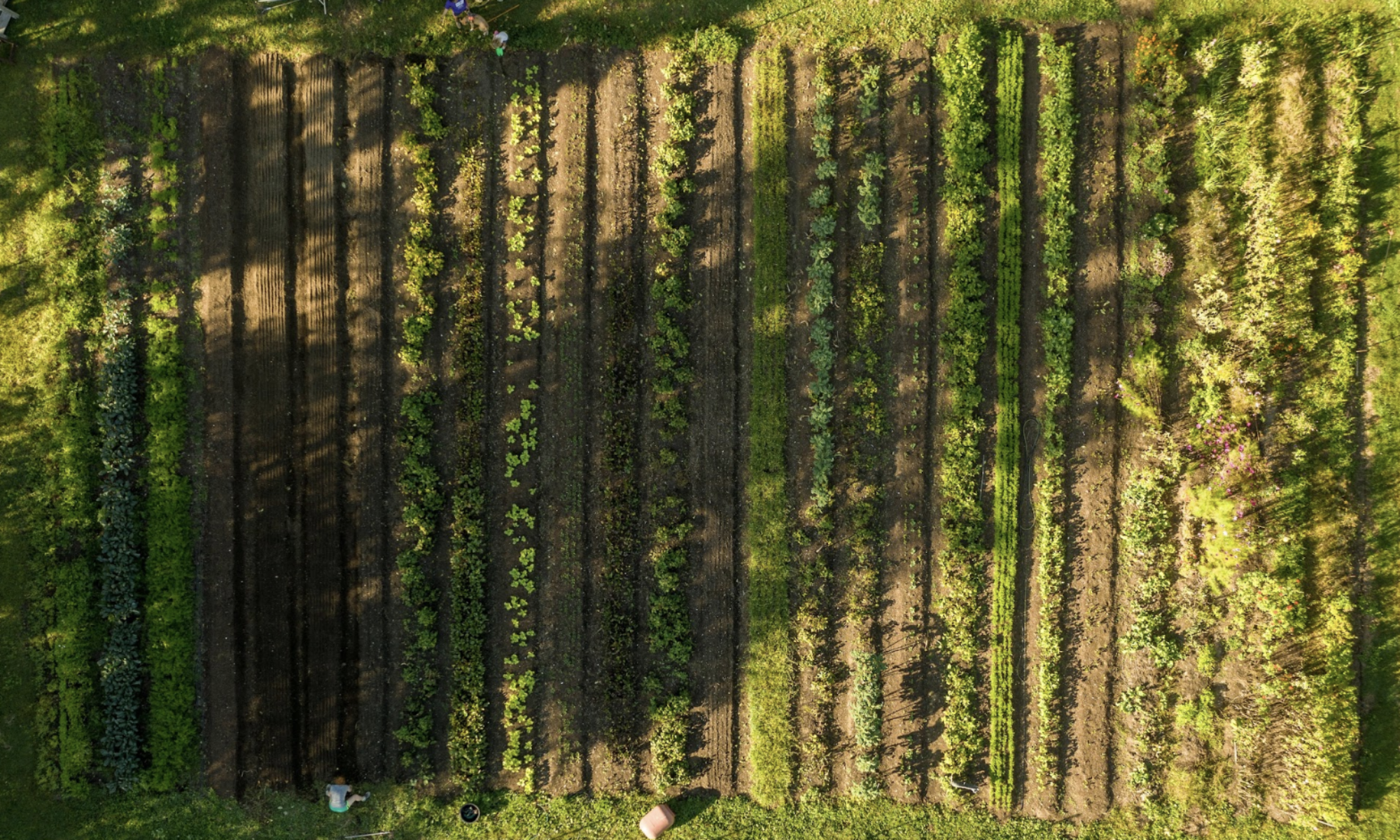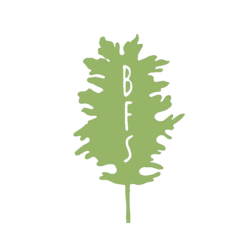The story: Collecting and harvesting food scrap from local schools and the public mitigates the volume of reusable energy sources from entering the landfill is a priority for us at Barrington Farm School. We remain invigorated and determined to deepen the stream of local awareness and the harvesting of energy sources in order to create richly complex soil amendments right here in Barrington.
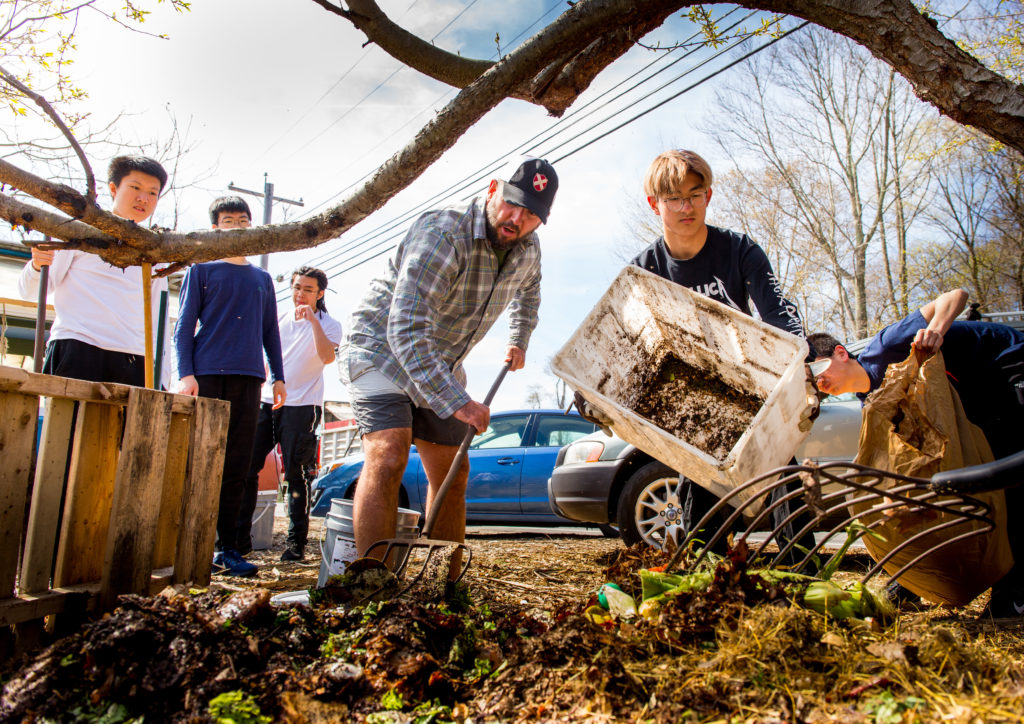
Public Food Scrap Drop Off
We collect food scrap from seven local schools and provide a drop off location adjacent to our farm stand. There you will see green toters where you drop in the food scraps you’ve been collecting in a bucket or container. We do the rest. It is a good idea to add leaves to your bucket or container as it assists in curbing any odors and allows for the decomposition process to take hold.
A remote drop-off bin is located at the Kent Street tennis courts in the Hampden Meadows neighborhood.
Consider what you can do to curb reusable energy – such as – building a collection system in your neighborhood. Imagine if each home on a street had a five-gallon bucket, and they collected these weekly into a larger toter .. then we came by in the farm truck to collect the toter, wash the buckets, and so on.
Creative and systemic changes and viable easy to do solutions are essential if we are to change the world by changing our local spaces. Please send inquiries to BarringtonFarmSchool@gmail.com
History
The Community Composting Program got its start in 2009 with its first food-scarp collection operation at Sowams Elementary School.
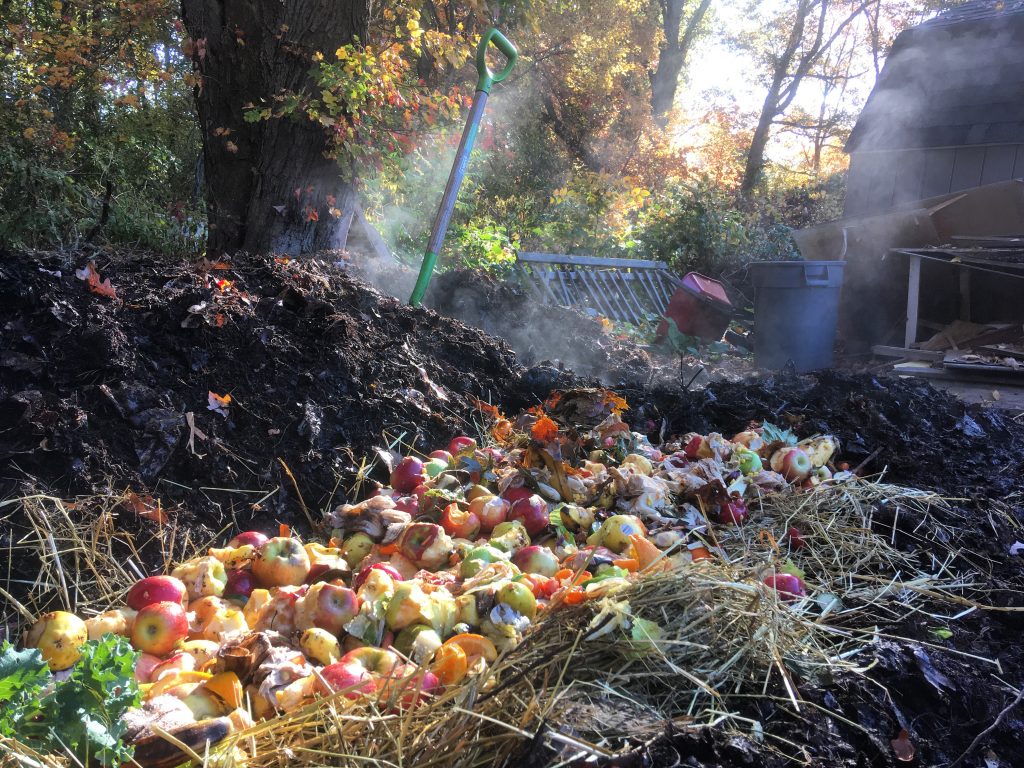
With a team up of parents, students, administrators, and custodians and led by the Barrington School District Green Team, the program began by collecting food scrap in the Sowams School cafeteria. Students eagerly embraced the program, volunteering at collection stations during lunch to guide classmates on the do’s and don’ts of food scraps and recycling. Teachers and administrators marveled at the students’ enthusiasm for the program and how it made the lunch experience more orderly.
Sowams has since served as a model program visited by other school districts interested in learning about composting at their schools and the many educational opportunities it offers.
Hampden Meadows School, Primrose Hill School and Nayatt School followed about a year later with the same results. Several efforts led by students and the District Green Team to replicate the program at the Middle School and High School have, so far, failed. But St. Andrew’s School has since come on board and embraced food-scrap collection.
Food scraps were initially composted onsite at Sowams School for use in the school garden. Kelvin Misiurski and his son Klein also built a compost collection system at Hampden Meadows. A third multi-bin system was built at the Middle School by high school student Will Robichauxs for his Troop 2 Eagle project. Several students have performed senior projects and other school initiatives focused on expanding the program.
Led by a team of volunteers, all compost is now brought to the Barrington Farm School for processing where the program continues to serves as an educational tool for students and the public. Fresh compost is used at the farm and returned to schools for onsite use. District Green Team/Farm School members also visit schools each spring to give composting presentations.
Public food-scrap collection has been a success at the farm, reducing the local waste stream while offering a way to engage students and the community about farming, food, and resource management.
New additions for 2021 are a worm tea brewer purchased from the Rhode Wormer Farmers Co-Op. We start brewing at the farm every Friday morning and distribute it on Saturday mornings. Learn more and join the fun by emailing us BarringtonFarmSchool@gmail.com
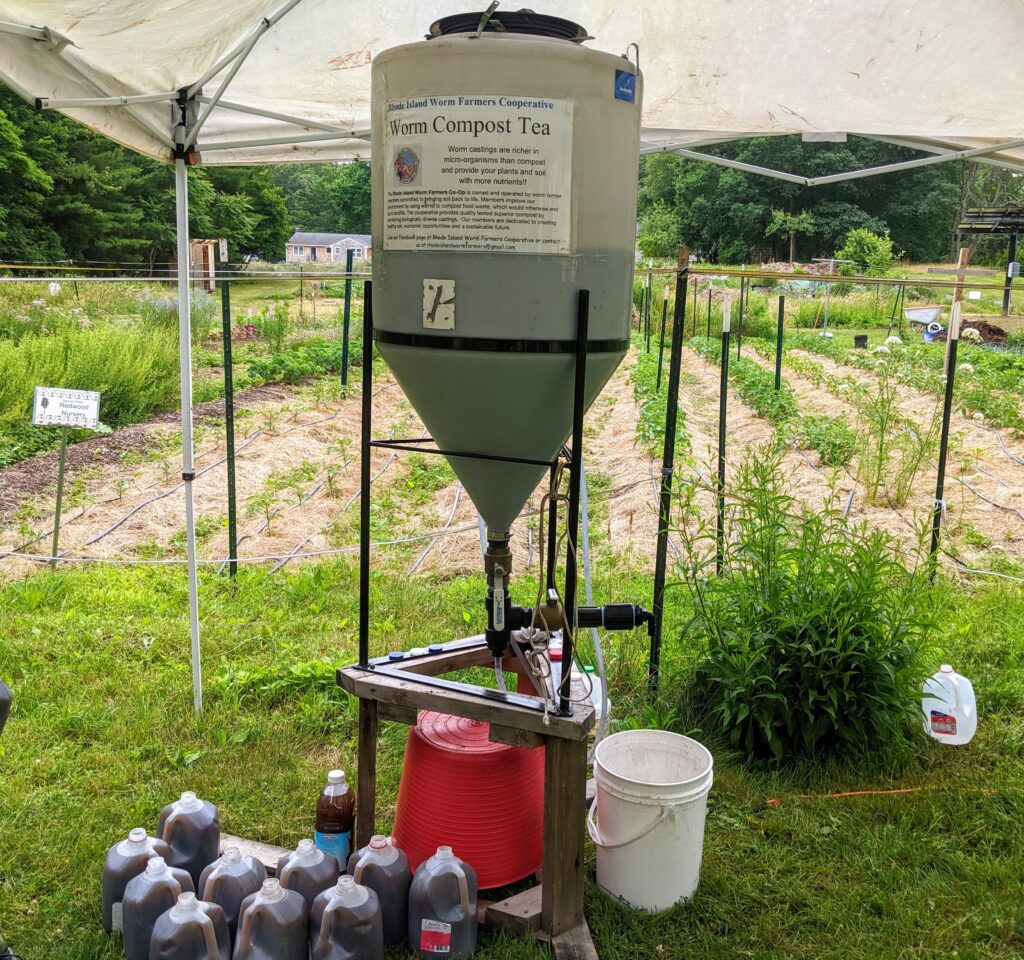
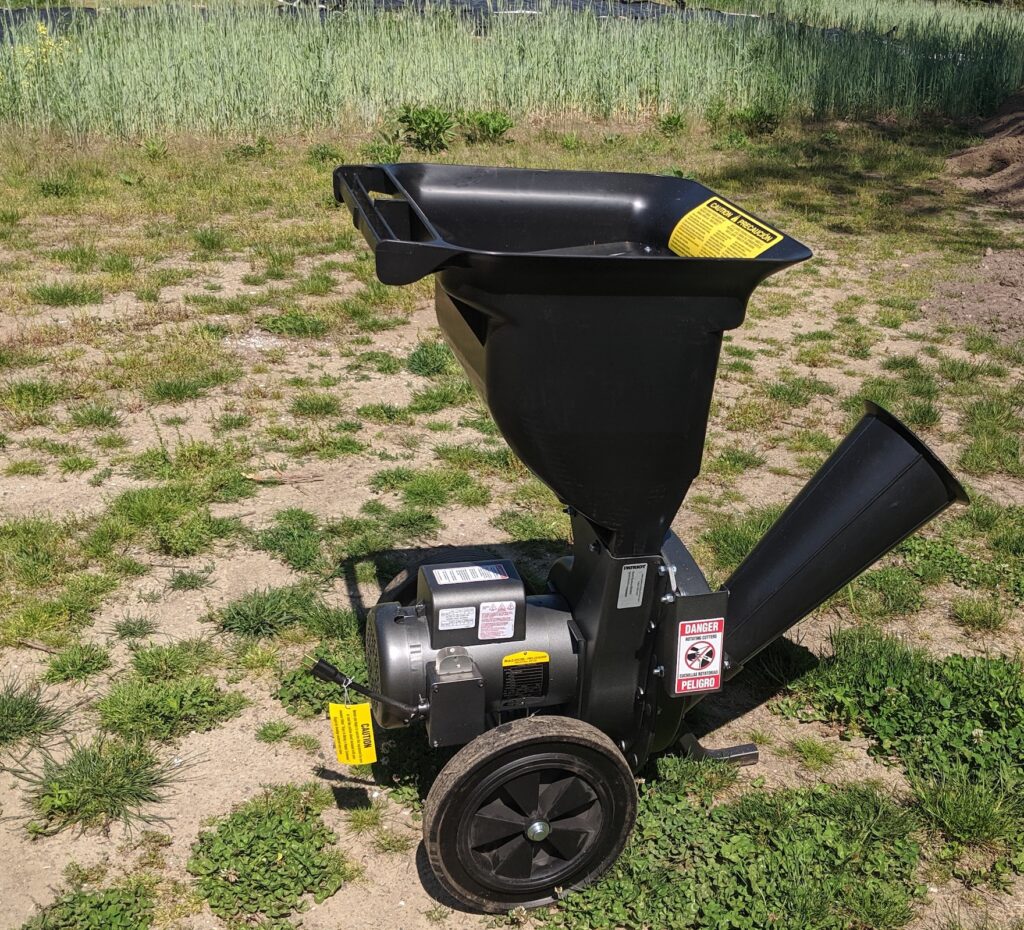
Thank you to our donors for 2021. BankNewport and Clean Ocean Access- 11th Hour Racing. These partners have allowed us to purchase key tools like our new electric-powered shredder and equipment for our ever-growing volume of scrap and volunteers.
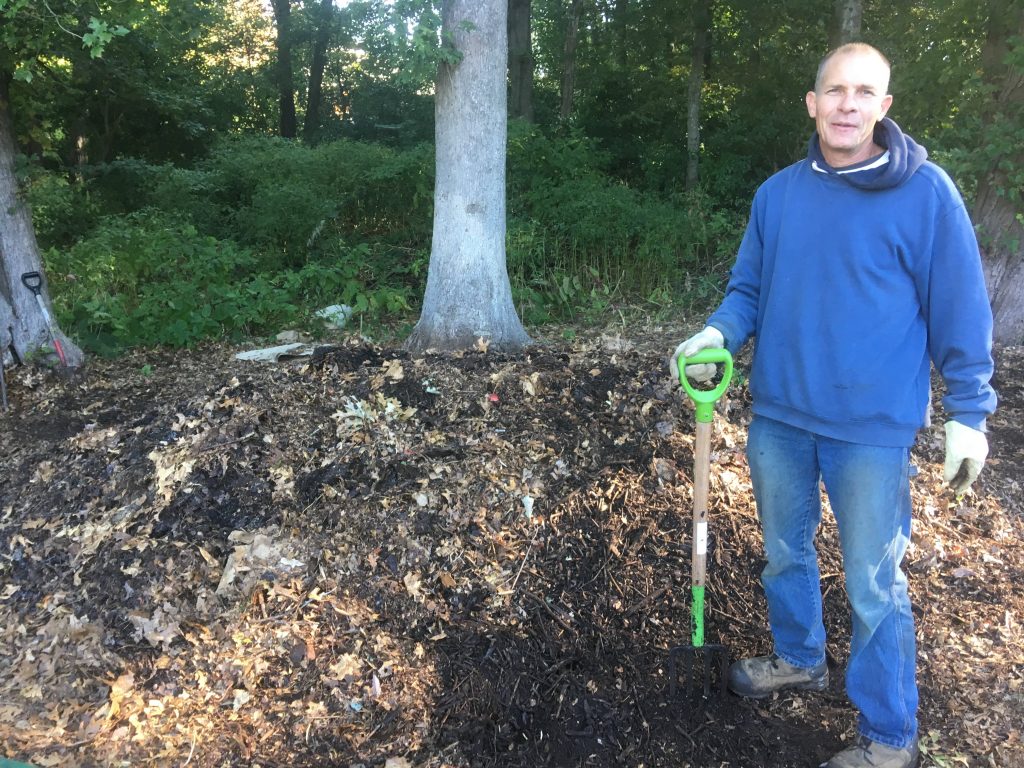
2021 Monthly Collections
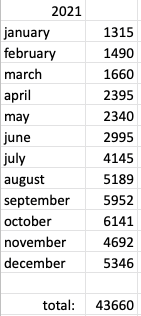
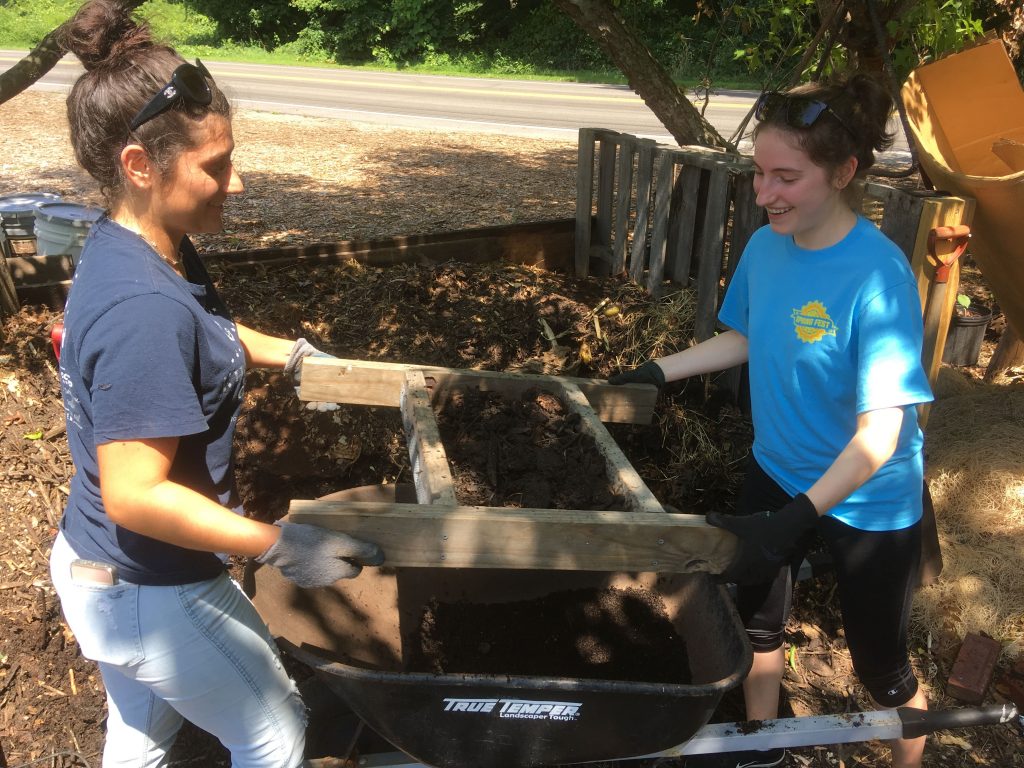
Community Compost Response
Barrington Farm School and its Community Compost Program have received inquiries recently about practices at our compost operations. Thank you for your feedback. We value strong relationships with our neighbors and community partners. Part of our mission is to “build community, and foster connection to the land.”
The three-acre farm we steward has been used continuously in agriculture since 1897 when Barrington was a farm town. To maintain the connection between health, community, and the environment, BFS follows organic and sustainable growing practices. Composting brings these elements together. It reduces waste headed to the landfill, reduces greenhouses gases, and provides healthy and rich soil nutrients. It’s a great learning tool. Members of the compost team have been teaching these virtues to the community since 2009 when we began composting at Sowams Elementary School and eventually brought the practice to all schools in Barrington.
Composting and food scrap drop-off at the farm stand began in 2016 and later on Kent Street. This expanded community involvement while closing the loop between growing food and organic “waste.”
Our volunteer compost team has extensive experience and training and shares best practices with similar community compost programs and advocacy groups in Rhode Island and across the country. The study of compost and soil science is a vast area for learning and teaching, and we have instructed hundreds of students about the elements of regenerative farming while still taking instruction from composting experts.
We follow rules and guidelines set by the town and state Department of Environmental Management regarding what we compost and how it is managed.
As the signs at the drop-off bins attest, we accept fruit, vegetables, and coffee grounds. We do not accept meat, dairy products, and processed foods. The scrap is mixed with leaves, wood chips, and sawdust as part of the transition to compost. It is kept in containment bins and covered through most of its journey to finished compost. And we experiment with new methods to improve safety and the process.
Our farm is situated within an interior wetland corridor that runs from Hundred Acre Cove through town to Narragansett Bay. Wildlife, such as deer, turkeys, coyotes, foxes, and many bird species, call this inland ecosystem home. We take steps to ensure that these animals do not feed on our crops or compost. We use fencing, containment bins, and cloth covers to keep them away and reduce odors. We recently installed cameras to track wildlife at the farm. And we are in the process of improving our systems and methods, especially in the area of health and safety for our visitors and neighbors. Updates are posted at https://barringtonfarmschool.org/home/community-compost-journal/.
We urge all to visit the Farm School, and we value feedback and questions from the community and neighbors. We respond quickly to all inquiries. Please reach out to us at BarringtonFarmSchool@gmail.com.
